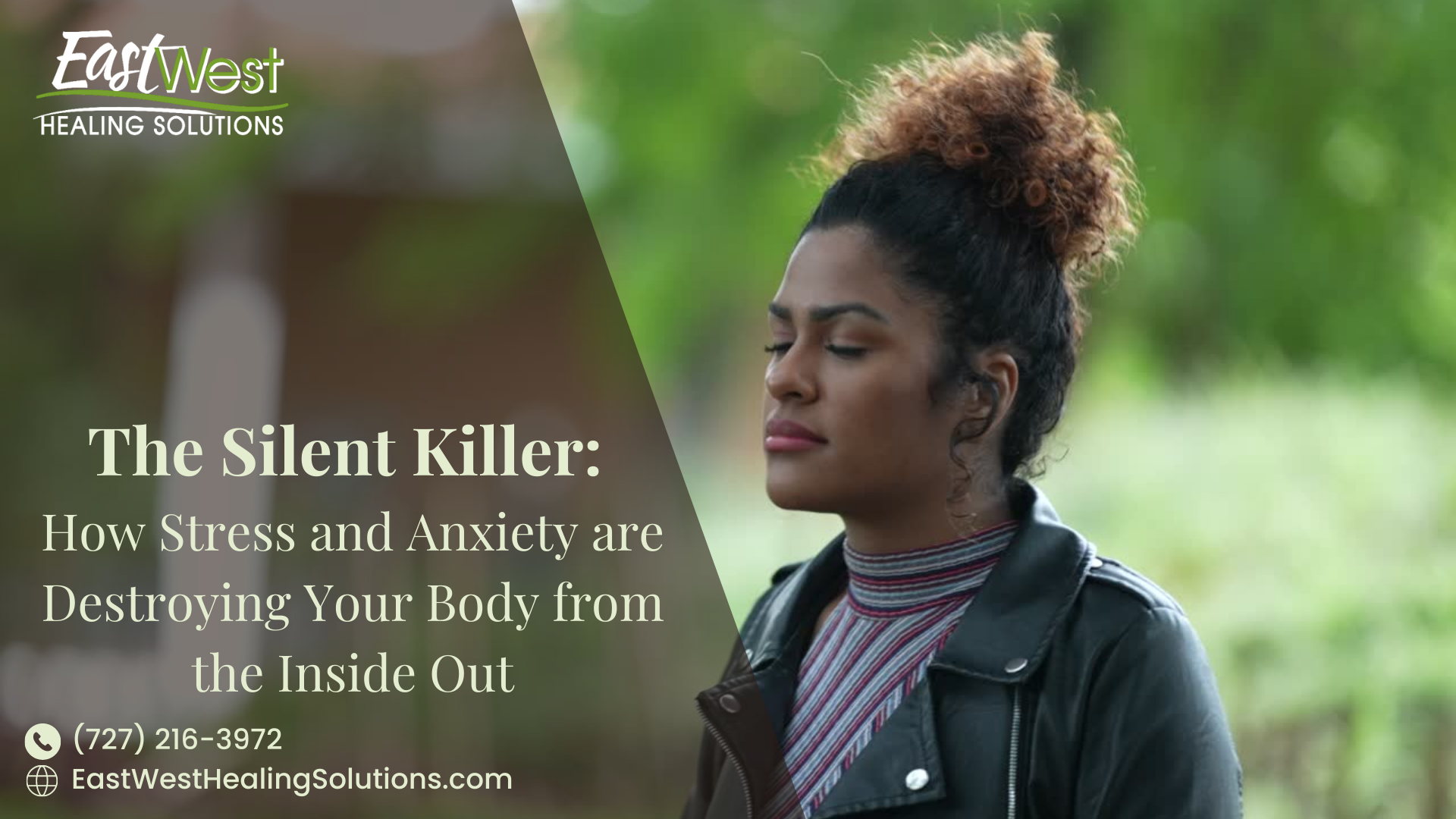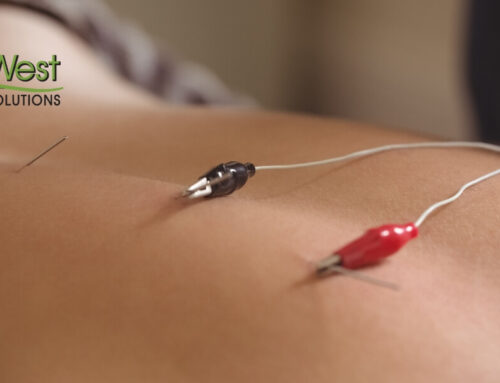Stress and anxiety are two of the most common issues affecting people today. Whether it’s due to work pressures, financial worries, or personal relationships, the constant demands of daily life can take a toll on our mental and physical health. In fact, these conditions can have serious consequences for our bodies, causing a range of symptoms that can be both distressing and debilitating.
How Stress and Anxiety Interferes With Daily Life
You may be experiencing stress and anxiety, which are two of the most common issues affecting people today. Whether it’s due to work pressures, financial worries, or personal relationships, the constant demands of daily life can take a toll on your mental and physical health. In fact, these conditions can have serious consequences for your body, causing a range of symptoms that can be both distressing and debilitating.
What does stress and anxiety do to your body?
Stress and anxiety can manifest in many different ways, and the effects can be far-reaching. Some common physical symptoms include:
-
Headaches: Stress and anxiety can trigger tension headaches, which can range from mild to severe.
-
Insomnia: Difficulty falling asleep, staying asleep, or waking up feeling tired can all be symptoms of stress and anxiety.
-
Muscle tension and pain: The muscles in the neck, shoulders, and back are particularly vulnerable to stress-related tension, which can lead to chronic pain.
-
Fatigue: Chronic stress can lead to exhaustion and fatigue, even if you’re getting enough sleep.
-
Breathing issues: Stress can cause shortness of breath or hyperventilation, which can be particularly distressing for those with anxiety.
-
Digestive problems: Stress and anxiety can cause or exacerbate digestive issues like irritable bowel syndrome (IBS), acid reflux, and stomach ulcers.
-
Depression: Chronic stress and anxiety can contribute to feelings of sadness, hopelessness, and despair, leading to depression.
Modalities for Stress and Anxiety Relief
Fortunately, there are many modalities available to help ease the symptoms of stress and anxiety. Here are just a few:
- Acupuncture: Acupuncture involves the insertion of thin needles into specific points on the body to promote relaxation and alleviate pain.
- Cupping: Cupping involves the use of cups placed on the skin to create suction, which can help release tension and promote blood flow.
- Reflexology: Reflexology involves the manipulation of pressure points on the feet, hands, and ears to promote relaxation and reduce stress.
- Halotherapy: Halotherapy involves the use of salt therapy to reduce inflammation, improve respiratory function, and promote relaxation.
- Infrared light therapy: Infrared light therapy involves the use of light to penetrate the skin and promote healing, reducing inflammation and promoting relaxation.
- Cranio-sacral therapy: Cranio-sacral therapy involves the manipulation of the bones of the skull and spine to promote relaxation and alleviate pain.
- Neuromuscular therapy: Neuromuscular therapy involves the manipulation of the soft tissue to alleviate pain and promote relaxation.
Take Control of Stress and Anxiety
If you’re struggling with stress and anxiety, it’s important to take control of your health and wellbeing. By incorporating one or more of these modalities into your routine, you can reduce symptoms and promote relaxation. To learn more about how we can help you manage your stress and anxiety, schedule a free consultation with us today. Call (727) 216-3972 to schedule your consultation and take the first step towards a healthier, happier you.






